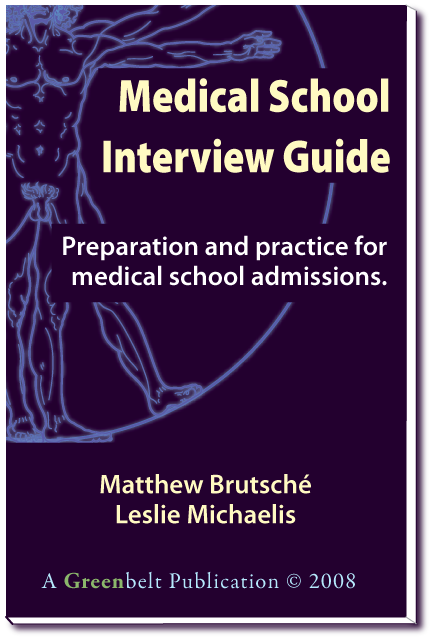Exploring Options
To present a dynamic interview, you must clearly demonstrate certain attributes to the interviewer, primarily maturity. Emotional maturity can only be measured on a subjective scale. For students who have yet to face many of the challenges the world, it may be quite problematic to demonstrate an ability to cope with moral, social, and practical dilemmas, especially to complete strangers. As a consequence, the medical school interview is the single opportunity a candidate will receive to exhibit traits indicative of emotional maturity, or at the very least, the potential for such.
Since, individuals who apparently know what they want are often perceived as strong, having direction can illustrate the necessary level of commitment and interest to pursue a degree in medicine. Therefore, the first step toward creating an identifiable manifestation of strength and commitment is to establish a clear goal. It is not enough to want to become a doctor. All of your competitors want to be doctors, too. Your interviewers naturally will assume this. Why else would you be interviewing for medical school?
Establishing a goal requires a great deal of introspection on your earnest desires. You will have to ask yourself potentially difficult questions about why you want to attend medical school and what you hope to get out of your education? Do you know which careers will be most fulfilling? How do you define personal success? In order to be certain about the answers to the broad and intimate questions, make certain you have explored the options available.


